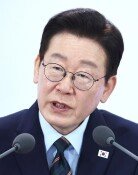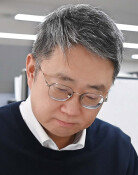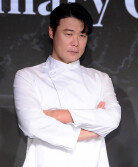[Opinion] War and Democide
June is the month of defense of the fatherland. Memorial Day was established for just this meaning. Our nation experienced the tragedy of the fratricidal Korean War and is more fully aware of the misery of a war than any other nations. The desire for peace and that the tragedy should not take place again is as large as the scars left by the war. However, peace is so hard to make generally as well as particularly in our land. A political agreement can result in a temporal peace, but a more fundamental prescription is necessary for an everlasting peace.
The history of 20th Century war reveals a surprising fact, although it is not new. About 40 million people fell in wars, including World War I, World War II, the Korean War, the Vietnam War, and others. It is well known that a number of civilians are included among the victims.
There is a more miserable condition than war. It is democide (act of killing demos). According to renowned international political scientist, Professor Rudolph J. Rummel, democide, which means the mass murder of people by government, is committed mainly by absolute communist or totalitarian nations.
During the 20th Century, democide sacrificed around 170 million people (Rummels Liberalist Peace Theory written by Lee Sang-woo). This number is four times as many as the number of victims of 20th Century wars. It means that extreme absolute power breeds extreme mass murder and war.
Rummel, a pacifist who had been on the short list for a Nobel Prize for Peace, thought that a break from absolute power was the only solution to democide. Liberal democracy, which guarantees citizens basic and political rights, should be encouraged to stop democide.
The more democratic a nation gets, the less possibly democide and war will happen. This is a far more active pacifism, unlike idealistic or leftist pacifism, which just insists on nonviolence and opposes war. At present, this could enable us to find the true meaning of the Norths issues and solutions to them.
Hyun In-taek, Guest Editorial Writer, Professor of International Politics at Korea University, ithyun@chol.com.



![[단독]폴란드, 韓 해군 최초 잠수함 ‘장보고함’ 무상 양도 안받기로](https://dimg.donga.com/c/138/175/90/1/wps/NEWS/IMAGE/2026/02/27/133437397.1.jpg)



